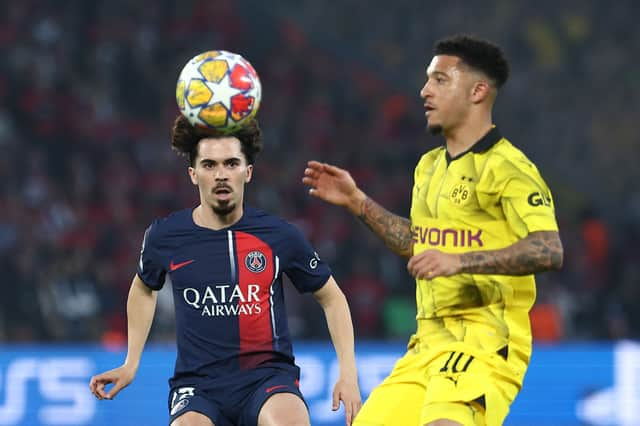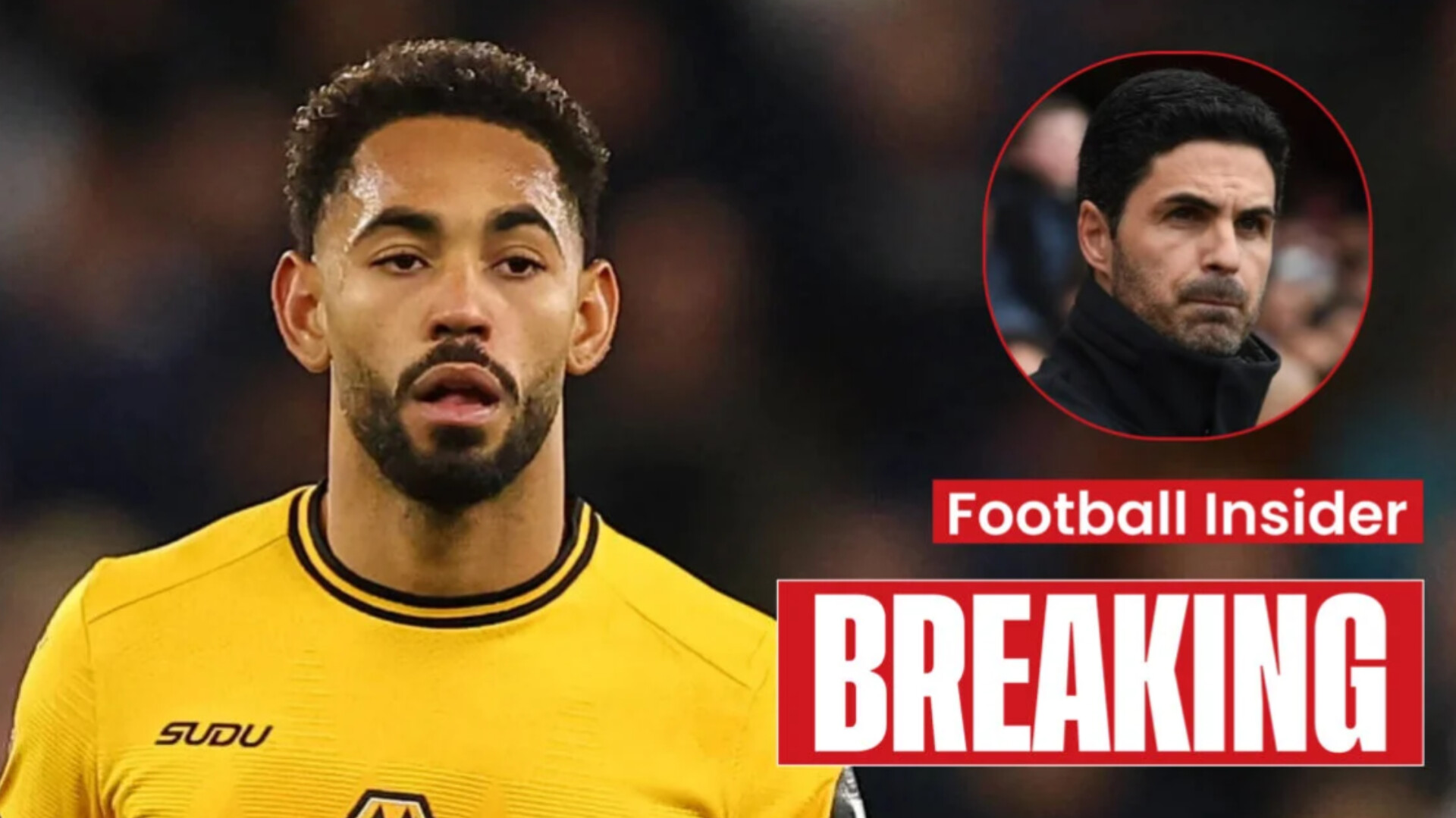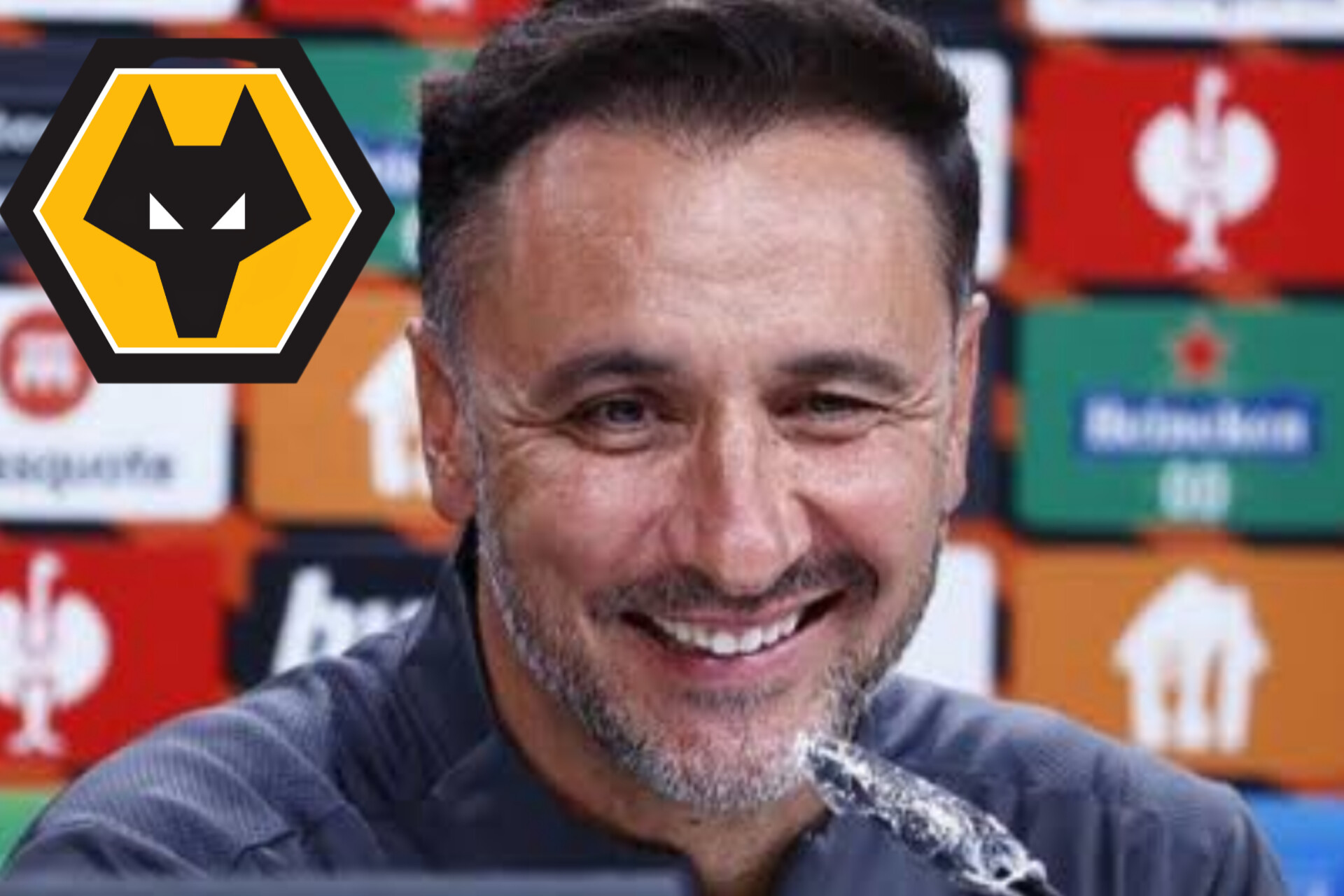Wolverhampton Wanderers may have secured Premier League survival under Vitor Pereira’s impressive leadership, but looking back, one player who failed to leave a mark at Molineux is PSG’s now-thriving midfielder Vitinha. Once seen as a promising addition, his short-lived stint in England during the 2020/21 season didn’t live up to expectations—despite his clear technical ability.
Vitinha, who has since blossomed into a key player for Paris Saint-Germain and Portugal, was brought to Wolves on loan from FC Porto with the hope of injecting creativity into their midfield. Yet his time under then-manager Nuno Espirito Santo was largely underwhelming, leading the club to pass on the option of signing him permanently for £17 million.
Now, former Wolves teammates have shed light on why things didn’t click for the midfielder. Speaking to *L’Equipe*, ex-captain Romain Saïss remarked on Vitinha’s technical flair but pointed to his physical limitations in the English game: “He was already technically sound, but back then, he struggled with physical duels. In England, if you don’t hold your ground, you get knocked around. And referees don’t always protect you. He’d often take one touch too many—and boom!”
Marçal, another former teammate, suggested that Nuno’s tactical demands played a major role in Vitinha’s lack of success. “The coach was tough on him,” Marçal revealed. “Even though he did amazing things in training, he couldn’t convince Nuno. He wanted Vitinha to simplify his game and move the ball faster. Vitinha tried to adapt but didn’t want to lose his identity.”
While the now 25-year-old made 22 appearances and scored once, he found himself behind the likes of Ruben Neves in the pecking order. He was also still adapting to life in a new country and league, which often proves difficult for young players transitioning from abroad.
Ultimately, Wolves decided not to activate the purchase clause, but Vitinha never doubted himself. As Marçal recalls, “He once told me, ‘I’ll go back to Porto, smash it there, and the season after, I’ll join one of the top eight clubs in Europe.’ I thought he was mad. He wasn’t playing at Wolves but believed he was destined for greatness. And look at him now.”
Vitinha’s trajectory since then has proved him right. After a strong return to Porto, he earned a move to PSG, where he’s played a key role in their journey to the Champions League semi-finals—ironically after defeating Aston Villa. His rise underscores the fine margins of football: sometimes, it’s not about ability, but the right fit at the right time.






